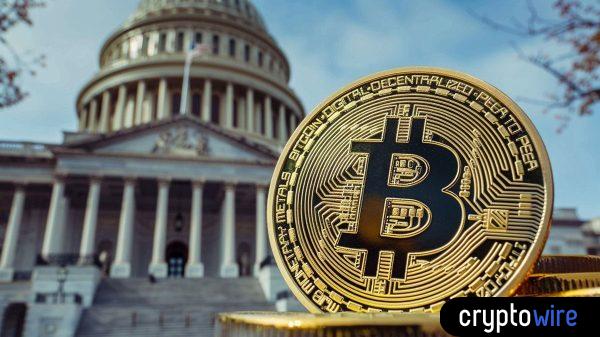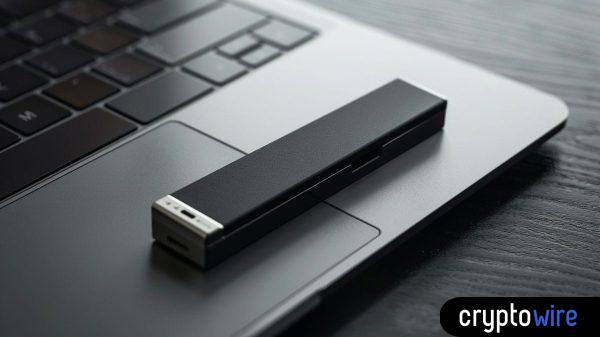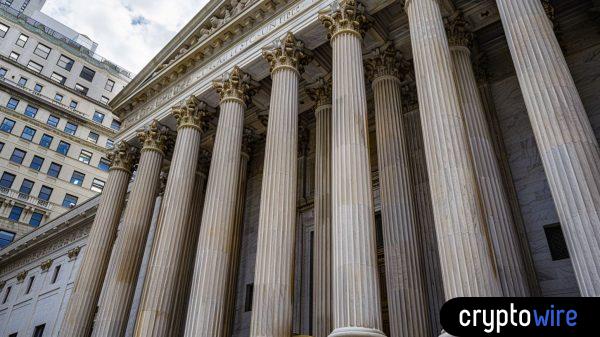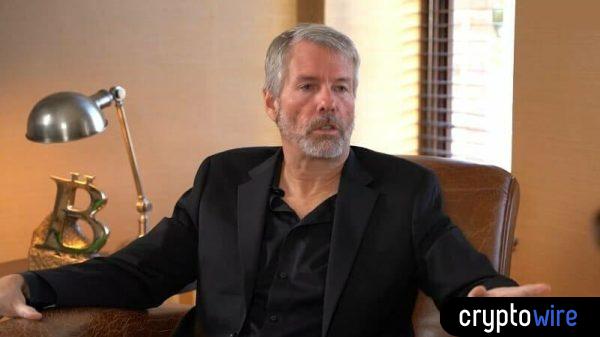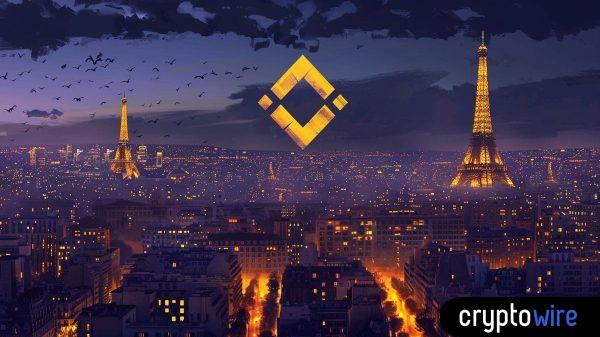The U.S. Securities and Exchange Commission (SEC) has recently announced a delay in its decision regarding the approval of the BlackRock spot Ethereum exchange-traded fund (ETF). This decision comes after BlackRock submitted an application for an “iShares Ethereum Trust” back in November, with plans to list it on NASDAQ upon approval.
In a related development, the SEC approved nearly a dozen Bitcoin spot ETFs in January, sparking a trading frenzy as the demand for these products continues to surge. Among the approved Bitcoin spot ETFs is the BlackRock iShares Bitcoin Trust, trading under the ticker symbol “IBIT.” Since its launch, the BlackRock IBIT ETF has amassed an impressive $10 billion in assets under management (AUM) in just under two months.
Following the trend of Bitcoin ETFs, investment firm Franklin Templeton joined a long list of asset managers, including BlackRock, Fidelity, Grayscale, VanEck, Invesco, Galaxy, Ark Invests, and 21Shares, in filing for a spot Ethereum ETF with the SEC in February. This surge in applications highlights the increasing interest in Ethereum-based investment products within the financial industry.
The SEC’s cautious stance towards crypto ETFs is evident in its delay in approving the BlackRock Ethereum ETF. The regulator is carefully evaluating all risks and regulatory considerations associated with these ETFs, a process that mirrors the decade-long journey to approve a Bitcoin spot ETF in 2024. The Winklevoss twins’ initial filing for a Bitcoin ETF in July 2013 faced repeated rejections before eventual approval.
Meanwhile, Ethereum continues to hold its position as the second-largest cryptocurrency by market capitalization after Bitcoin. Recent reports indicate a significant surge in gas fees on the Ethereum network, reaching levels not seen since March 2023. This spike in gas fees is attributed to the growing interest in an experimental token standard called ERC-404, as highlighted by Cryptonews reporter Hassan Shittu.
On February 9, Ethereum gas prices peaked at an average of 70 gwei, translating to $60 for a standard transaction. At their highest point, gas costs surged to 377 gwei, a level last observed in May 2023. Various factors have contributed to the rise in gas fees, with the hype surrounding the ERC-404 token standard playing a significant role.
In conclusion, the delay in approving the BlackRock Ethereum ETF by the SEC reflects the cautious approach towards crypto ETFs, while the surge in Ethereum gas fees underscores the growing interest and activity within the Ethereum ecosystem. Stay tuned for further updates on these developments.
Ian is a cryptocurrency enthusiast blending humor with professionalism. With an engineering background and a storyteller's heart, he simplifies the blockchain world with sharp analysis and a touch of wit. At Cryptowire, he brings his unique perspective to make digital financial innovation accessible to all.



